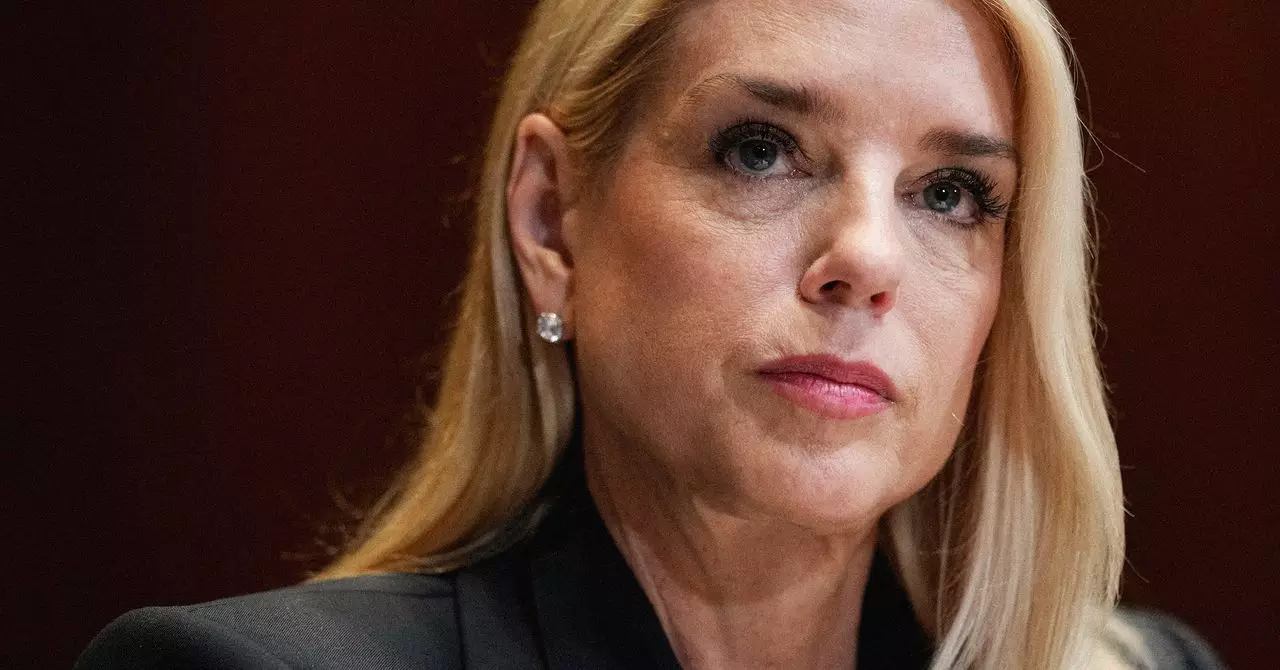In an era where governmental directives wield extraordinary influence over private corporations, the recent case involving TikTok exemplifies the murky interplay between political authority and corporate loyalty. While ostensibly a national security matter, the scenario reveals underlying power dynamics that go far beyond the surface. The U.S. government, under the direction of then-President Trump’s administration, sought to enforce a ban on TikTok citing security concerns linked to Chinese ownership. However, the real story lies not merely in the legality of such measures but in how government officials manipulate legal ambiguities to achieve strategic outcomes. Through selective enforcement and behind-the-scenes communications with tech giants, authorities create an environment where corporate compliance becomes less about legality and more about political allegiance.
This covert negotiation process underscores a vital truth: multinational corporations are often compelled into political complicity, sometimes risking their reputation, when national interests are at stake. Apple, Google, Microsoft, and Amazon becoming willing participants, or at least publicly deflecting legal liabilities, raises questions about the integrity of their corporate principles. Are they mere players pawns in a political chess game, or active partners in a larger strategy to serve government interests? The bipartisan capitalistic symbiosis appears to allow big tech to navigate regulatory gray zones with a sense of impunity, shifting the financial and operational risks onto regulatory agencies and, ultimately, the public.
The Legal Gray Zone and Public Perception
An analysis of the legal basis of these executive orders reveals troubling contradictions. Trump’s orders to delay or weaken enforcement of the TikTok ban hinged on the idea that negotiations were ongoing about Chinese ownership stakes, yet they lacked clear legal grounding. Chief legal experts argued these orders skirted constitutional boundaries, evoking concerns about the executive branch overstepping its authority. Yet, the silence of enforcement allowed corporate giants to avoid the full weight of the law temporarily, casting a shadow of ambiguity over the rule of law itself.
The public perception of these maneuvers is equally complex. On one hand, companies like Google and Apple publicly maintained their support for free enterprise, but behind closed doors, they received legal assurances—“irrevocably relinquishing” claims—that effectively shielded them from legal repercussions. This disparity fuels skepticism about whether large corporations are truly acting independently or merely following directives with a veneer of neutrality. Moreover, the quick turnaround—TikTok’s reappearance on US app stores—further demonstrates how corporate loyalty can be swiftly realigned when offered the right incentives or legal protections.
The Hidden Costs of Political Collusion
The broader implications of this covert coordination extend beyond immediate legal ambiguities. They erode public trust in both government institutions and the corporations that profess allegiance to transparency and competition. When legal gray zones are exploited, it fundamentally challenges the principles of fair regulation, creating a landscape where legality becomes a movable feast. Companies, perhaps driven more by survival instinct or strategic advantage than ethical commitment, appear willing to compromise the integrity of the legal framework.
Furthermore, this incident underscores a troubling precedent: that corporate compliance can be effectively bought or secured through political leverage rather than genuine legal obligation. In the long-term, this dampens accountability, empowers political authorities to manipulate regulatory environments, and undermines the rule of law as a safeguard against misuse of power. As the lines blur between political directives and corporate actions, the dividing barrier that separates lawful governance from political manipulation becomes dangerously porous.
The Power Shift Toward Political Influence
Ultimately, the TikTok case exemplifies a shifting paradigm where political influence extends deep into the core operations of global tech firms. By issuing vague or delayed enforcement orders, governments gain leverage to redirect corporate operations, often without clear legal justification. The strategic delays in implementing the ban and the legal assurances provided to companies are not accidental—they are calculated moves to solidify governmental authority while allowing corporations to preserve market share and brand reputation.
The result is a landscape where corporate decision-making increasingly aligns with political interests, often at the expense of consumer rights, national security, and legal consistency. The lesson here underscores the importance of scrutinizing public statements and legal documents, revealing that behind seemingly neutral regulatory actions lie a complex web of influence and strategic manipulation. As these dynamics deepen, accountability becomes even more critical—yet, paradoxically, it becomes more elusive in this opaque dance of power.
This incident serves as a potent reminder that the battle for control over digital platforms extends well beyond code or firewalls—it’s a struggle for influence over legal frameworks, public opinion, and technological innovation. Armed with official letters and strategic negotiations, the US government and major tech companies remind us that in the modern age, legality often serves as a façade for broader power plays. Understanding this shift demands vigilance, critical scrutiny—and perhaps a reevaluation of how we define justice and fairness in the digital age.

